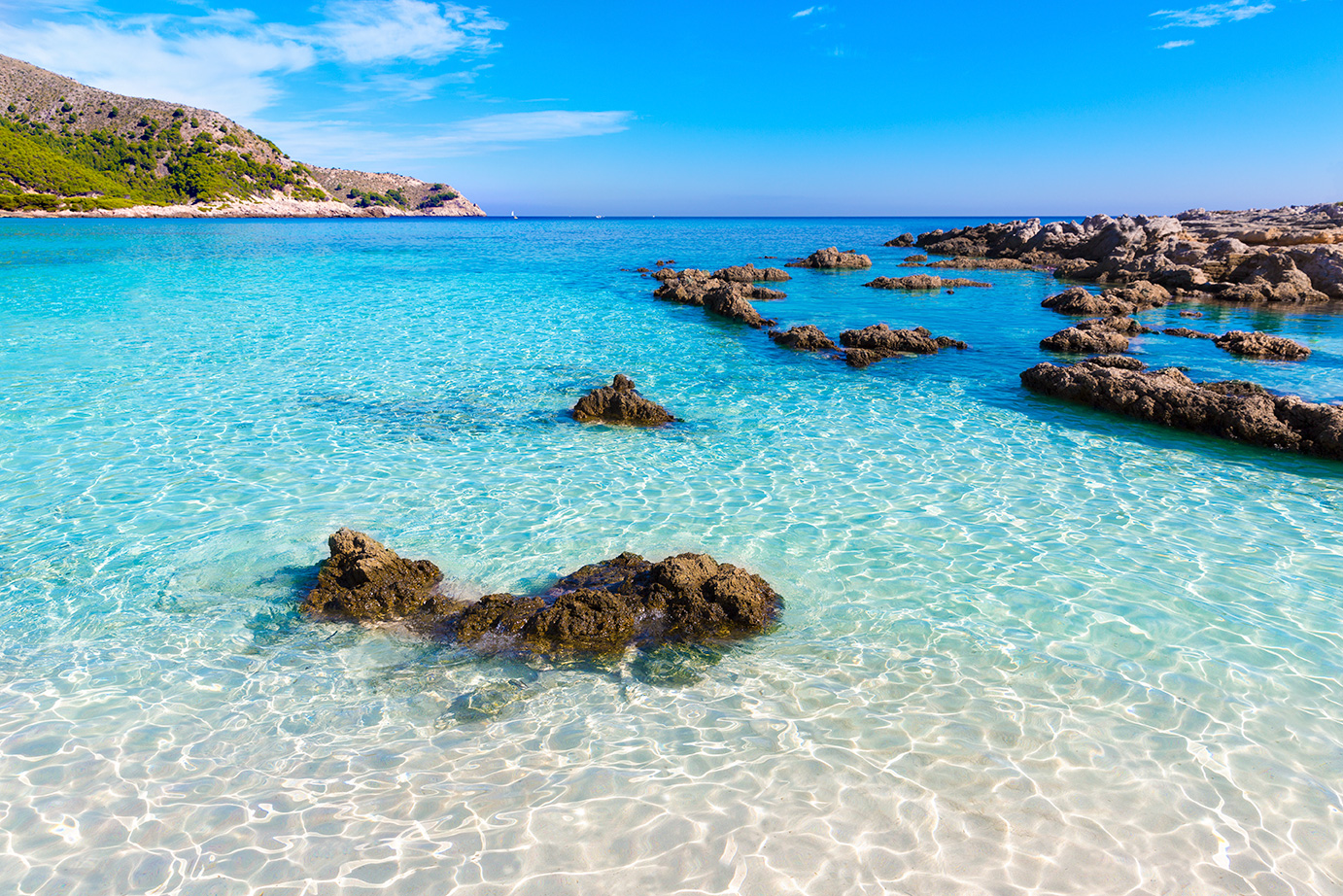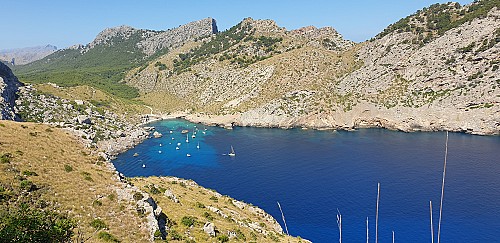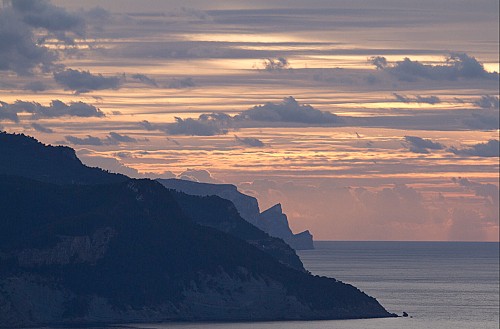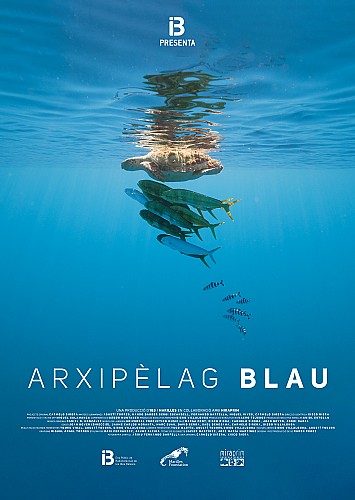Last February Marilles organized the fourth MPAs LABs with a record participation. A total of 59 people took part at the meetings including 14 in Mallorca, 27 in Menorca and 18 in Ibiza/Formentera.
These working groups bring together representatives from a mix of sectors to find solutions to improve the state of MPAs in the Balearics. It is also an opportunity to share information among representatives of NGOs, fishermen, public administration, research centres and other sectors.
The next meetings are already scheduled:
- June 29th in Ibiza.
- June 30th in Mallorca.
- July 1st in Menorca.
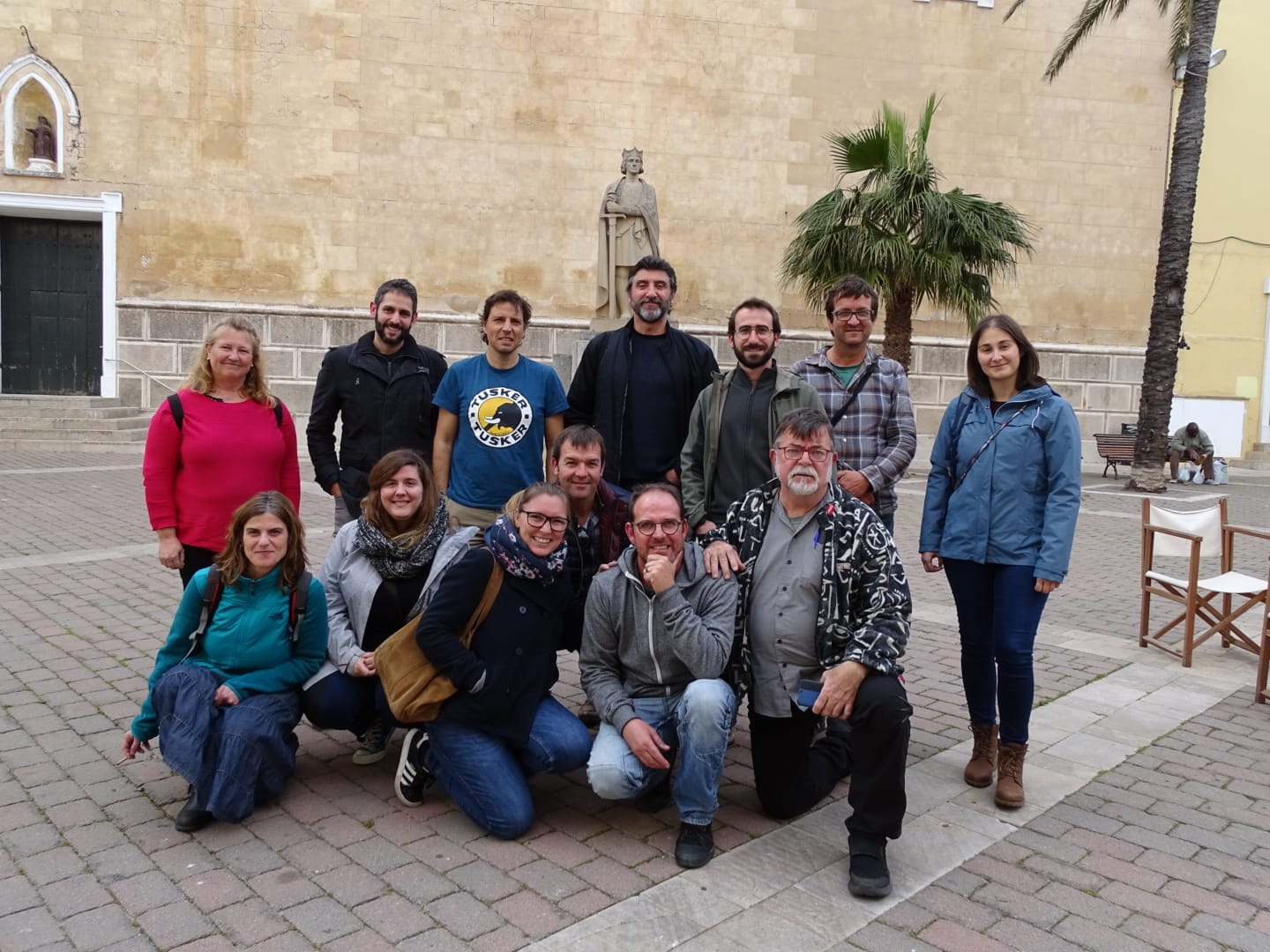
Some of the participants of the Menorca MPA lab in Maó, Menorca.
A common goal and a shared diagnosis
Improving the impact of MPAs is a key priority for Marilles and the main purpose of the LABs. Everyone attending the LABs share this objective and have validated our diagnosis on the status of MPAs in the Balearic Islands.
About 20% of Balearic waters are under some form of legal protection, including Cabrera -the largest national park of the western Mediterranean- and 12 fishing reserves. Our diagnosis shows that although MPAs have had a positive impact on the recovery of species of commercial interest and fragile habitats, they are delivering below their potential. The MPA LABs aim to fulfil this potential by improving the effectiveness of exsiting MPAs and by increasing the area of the current MPA network.
According to Toni Font, coordinator of the AMP LAB: "The contributions of the LAB participants are essential to identify the most critical interventions to improve the effectiveness of the marine protected areas of the Balearic Islands".
Research and monitoring
Current research and monitoring efforts on the evolution of MPAs do not provide enough information to guarantee optimal management. The LABs have highlighted the need to establish a common set of indicators (environmental, social, economic) and regular data collection to track how MPAs evolve and how effective they are in delivering their goals. There are three key things to look at:
- Changes at sea: do we have more or less fish? are vulnerable habitats and species improving? is the water quality better or worse
- Impacts and pressures: information about the uses that take place in the MPA such as fishing, diving, recreational boating, etc.
- Management: resources invested in MPA management, surveillance and monitoring.
A fund for the improvement of MPAs
Throughout the establishment of an MPA Solutions Fund late in 2018, Marilles funds projects to improve MPAs in the Balearics. This fund remains open to contributions from other donors.
The fund has financed two projects with the aim strengthening the link between coastal communities with their marine protected area: "Conoce Sa Dragonera” (Knowing Sa Dragonera), led by Save The Med, and "Reserva de Futuro (Reserve of the Future) Project”, coordinated by the Cofradia de Pescadores de Ibiza.
The fund has also helped fund research studies to assess current expenditure on Balearic MPAs and funding gaps. In addition, Marilles is a partner in the European Interreg Med MPA Networks project, which aims to improve the effectiveness of MPAs in the Mediterranean by proposing solutions in four areas: efficient management; managing small-scale fishing; conservation of mobile species; and, sustainable funding.
For more information: mpa@marilles.org

